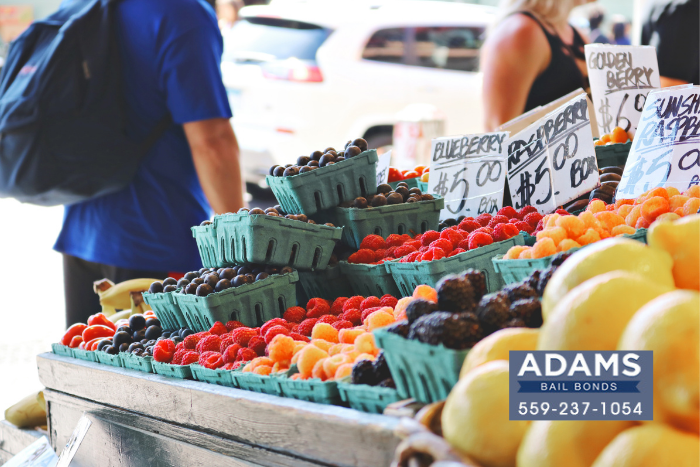If you have a green thumb and a good-sized garden, you’ve likely grown more produce than you can eat. A roadside stand is a great way to find a home for the surplus fruits and vegetables while also earning some extra money.
Before you start hauling tubs of squash and green peppers to the side of the road, you should take a crash course in the legalities of owning a roadside stand.
In California, roadside stands are regulated by California Health and Safety Codes as well as many local departments. To be legal, a roadside stand has to sell fresh produce or eggs. It isn’t a closed building, but rather a structure that’s open on at least one side. If you use the stand to sell packaged food or for storage, you can only use 10% of the stand’s total space.
Traditionally, the only types of things you could sell via a roadside stand were eggs and unpackaged fruits and vegetables. That has changed a little. When California lawmakers passed AB 2168 roadside stands could be used to market some home bottled products, including jams, pickles, and olives. The one rule was that the items used to create these bottled products had to be grown either on or near the home where the stand is based.
If you plan on using a roadside stand to sell jam and preserves, you probably won’t be able to bottle the items in your kitchen. The law requires that the packaging and preparation of these artisan items have to take place in a kitchen that’s been granted health department approval. If you want to make your products in your home, you’ll have to get your kitchen licensed as a Cottage Food Operation.
Another change is that you’re also legally permitted to sell bottled water and soda pop at your road stand, but only in limited quantities. The amount of space you dedicate to these items can’t exceed 50-feet.
It’s extremely important that you run your roadside stand like a business. Keep accurate records of both any money it makes and all of your expenses connected to the stand. The bad news is that you’ll have to claim this income when you file your taxes. The good news is that you’ll be able to deduct your expenses.
It is also a good idea to explore getting liability insurance for your roadside stand so that you’re protected if any customers are hurt while they’re going through your produce.

